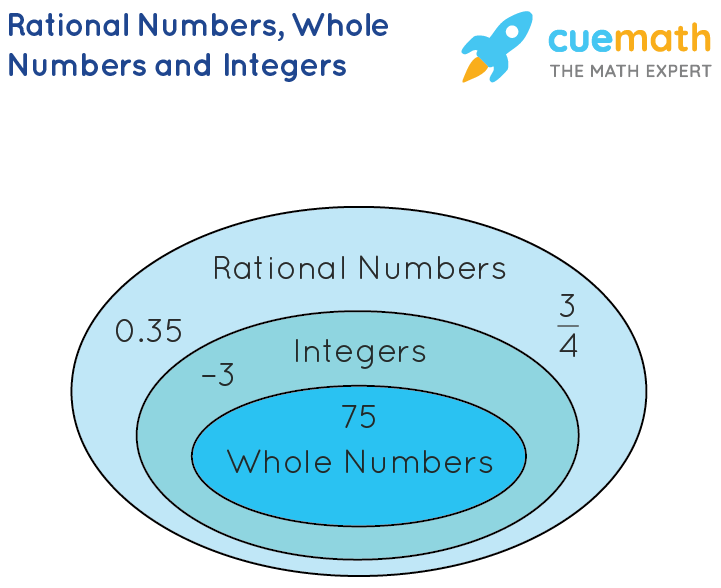this post was submitted on 04 Dec 2023
-27 points (24.5% liked)
Technology
61086 readers
4665 users here now
This is a most excellent place for technology news and articles.
Our Rules
- Follow the lemmy.world rules.
- Only tech related content.
- Be excellent to each other!
- Mod approved content bots can post up to 10 articles per day.
- Threads asking for personal tech support may be deleted.
- Politics threads may be removed.
- No memes allowed as posts, OK to post as comments.
- Only approved bots from the list below, to ask if your bot can be added please contact us.
- Check for duplicates before posting, duplicates may be removed
- Accounts 7 days and younger will have their posts automatically removed.
Approved Bots
founded 2 years ago
MODERATORS
you are viewing a single comment's thread
view the rest of the comments
view the rest of the comments

Belief is just what you personally think is true, there is no universal concept of true, even things that the majority of people believe to be true are not necessarily universally agreed upon. Even something as basic as 1 + 1 == 2 might not be believed by some people. There is no accepted universal arbiter of truth. When people say they believe in science they mean that they recognize the scientific process as the best way we have found to determine what is true in our reality.
Take as an example that the Earth is an approximate sphere. Most people agree that this is true and therefore believe this. But there also exist people who do not believe this, that argue it is not true. They do not believe it. What is true is not agreed upon. These people have a fundamentally different perception of reality. Those that believe in science trust in the systems and methods of the scientific process and therefore when such systems tell us that the Earth is in fact a slightly flattened spheroid we accept that as a truth. That is what it means to believe in science.
There are plenty of cases where 1 + 1 == 0 , it's not about just some people.